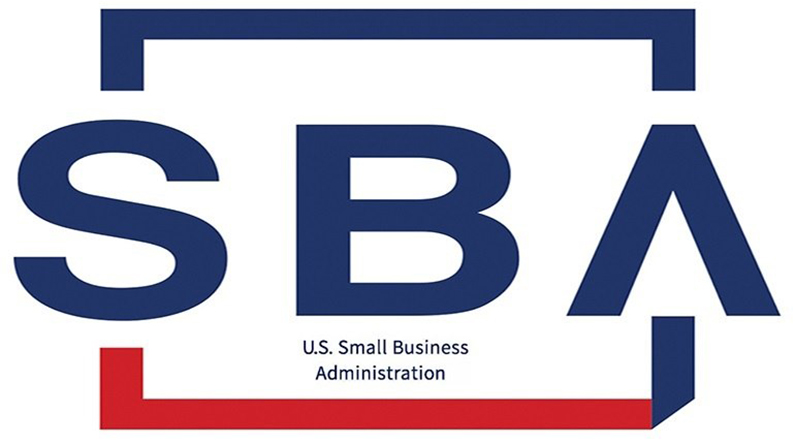COVID-19 Small Business Lending
By, Sean Puckett
SVP Commercial Banking & Treasury Services
Mechanics Bank, San Diego
Updated Thursday March 19, 2020
Please note: this article is reprinted from information provided by Sean Puckett. The thoughts expressed herein are the author’s own and do not necessarily reflect the views of HoyleCohen, LLC. HoyleCohen is not affiliated with the SBA and we have no role in determining eligibility or approval of these loans nor their actual terms, including loan amounts and interest rates. However we want to provide information that may be relevant to your business during these uncertain times.
**Please note the landscape is constantly changing. Sean will be sending updates as they become available (most recent on top with note of update date).
Important links: SBA Disaster Relief Loans
Direct link to SBA Disaster Relief Loan application: SBA Disaster Loan Application
Understanding SBA Disaster and Economic Injury Loans
Notes from 3/19/2020 4:00pm webinar and information gathered over past week. As noted above, information is changing rapidly:
The Small Business Administration (SBA) plans to make working capital loans available to small businesses that have been negatively impacted by the coronavirus through their Disaster Loan program.
How does it work:
- Find out if your state has been approved: Once state governments request and are approved by the federal government as an impacted area, you may apply at gov/disaster. The website has an online application process and SBA plans to hire many underwriters so they can get you an answer promptly.
- These loans offer great rates and terms – 3.75% fixed for 30 years. While that may be higher than a mortgage loan rate – it is far lower than a standard business loan rate and with a very long amortization so that your payments will be low. If you need funds to cover operating expenses – we encourage you to explore this
IF you have a small business loan directly from the Small Business Finance CDC located in Liberty Station (San Diego) and your revenue is directly impacted from COVID-19 click here for more on their quick deferment program: https://cdcloans.com/updates/ -I believe this program includes SBA 504 loans in addition to direct working capital loans
How to apply
To be considered, please send the following to this address
- A detailed letter that clearly outlines the impact COVID-19 has had on your business
- A list of the immediate steps you are taking to best protect your business, e. operational changes, expense reductions etc.
- Presuming that COVID-19 is contained within 90 days in your area, please share your plan post COVID-19 to help your business recover
- One of the following: your December 31, 2019 and your interim financial statements OR the past three months of your business bank statements
GENERAL INFORMATION
- Deadline to apply for this SBA Disaster Relief Loan is December 16, 2020.
- These loans are direct from the U.S. Treasury, not from or through banks.
- Processing and funding timeline is 25-35 business days from application.
- It is believed all counties in California are eligible.
- Start-up companies can apply, they will need to provide projections.
- RATES For Profit Companies = 3.75% fixed rate up to 30 years.
- RATES Not for Profit Companies = 2.75% fixed rate up to 30 years.
- 30-year amortizations are intended to make payments affordable, and create acceptable debt service coverage ratios.
- First payment may be deferred up to 5 months.
- Funds can be used to pay A/P, Payroll, Debt Payments, and more.
- Funds may not be used to refinance long term debt or other SBA debt.
- Underwriting teams are centralized in Sacramento and and Dallas.
UNDERWRITING
- These are underwritten as “cash flow” loans not collateral based loans.
- These loans require a personal guarantee.
- Credit history must be “acceptable to the SBA”.
- “Skin in the Game” SBA is looking for capital that is at risk, that means equity on your balance sheet and retained earnings. A company with more liabilities than assets may not qualify for “Substantial Economic Injury”…more detail on this to come
- Loans over $25,000 – the SBA will ask for collateral. If there is no collateral to offer, that alone, cannot be a reason for decline. If there is collateral and the borrower does not agree to pledge it, the SBA likely will not approve the loan.
- According to the SBA it is likely that applicants will pass the “Substantial Economic Injury” test given this unprecedented economic impact of Covid-19, assuming the company was healthy prior to this economic event.
- 2019 Income Statement and Balance Sheet will be needed.
- SBA recommends that you break out your Income Statement monthly, to create a baseline of regular revenue. This will help the SBA understand the “economic injury” when today’s revenue is compared to the baseline.
MISC.
- If you apply for 3-6 months of working capital and run out, you can go back to the well and apply for more.
- The SBA representative expect everyone will pass the “Credit Elsewhere” test so don’t focus too heavily on that aspect. More to come on this as I learn
The general tone of the information from the SBA representative was that the SBA is trying to make approval and funding as easy as possible. My sense was that most of the red tape you might normally experience in normal economic times has been minimized. They want to get this money out to the businesses ASAP and complete applications will smooth the process. SBA encourages everyone to apply online and if you run into technical difficulties with their site, take screenshots and call in.
Regarding the “Disaster Assistance Loans” you have heard Trump reference; those are available through the national level of the U.S. Small Business Administration.

